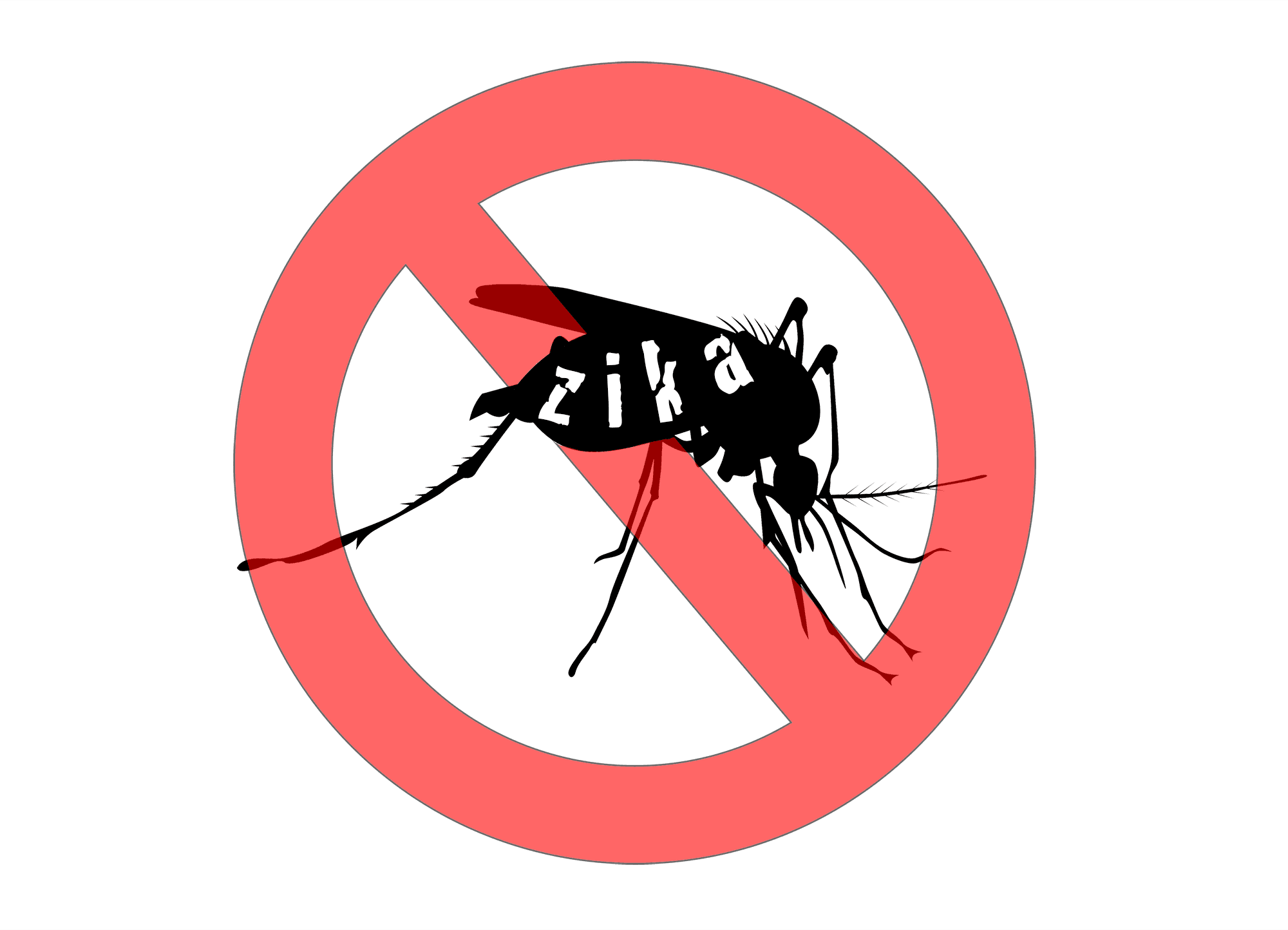Symptoms
Many people infected with Zika virus won’t have symptoms or will only have mild symptoms.
The most common symptoms of Zika are:
- Fever
- Rash
- Headache
- Joint pain
- Conjunctivitis (red eyes)
- Muscle pain
Treatment
There is no specific medicine or vaccine for Zika virus.
- Treat the symptoms.
- Get plenty of rest.
- Drink fluids to prevent dehydration.
- Take medicine such as acetaminophen (Tylenol®) to reduce fever and pain.
- Do not take aspirin and other non-steroidal anti-inflammatory drugs (NSAIDS) until dengue can be ruled out to reduce the risk of bleeding.
- If you are taking medicine for another medical condition, talk to your healthcare provider before taking additional medication.
Prevention
The best way to prevent Zika is to protect yourself and your family from mosquito bites:
- Use Environmental Protection Agency (EPA)-registered insect repellents external icon
- Wear long-sleeved shirts and long pants
- Sleep under a mosquito bed net if air conditioned or screened rooms are not available or if sleeping outdoors.
- Zika can be spread by a person infected with Zika to his or her sex partners. Condoms can reduce the chance of getting Zika from sex. Condoms include male and female condoms. To be effective, condoms should be used from start to finish, every time during vaginal, anal, and oral sex and the sharing of sex toys. Not having sex eliminates the risk of getting Zika from sex. Pregnant couples with a partner who traveled to or lives in an area with risk of Zika should use condoms every time they have sex or not have sex during the pregnancy.


